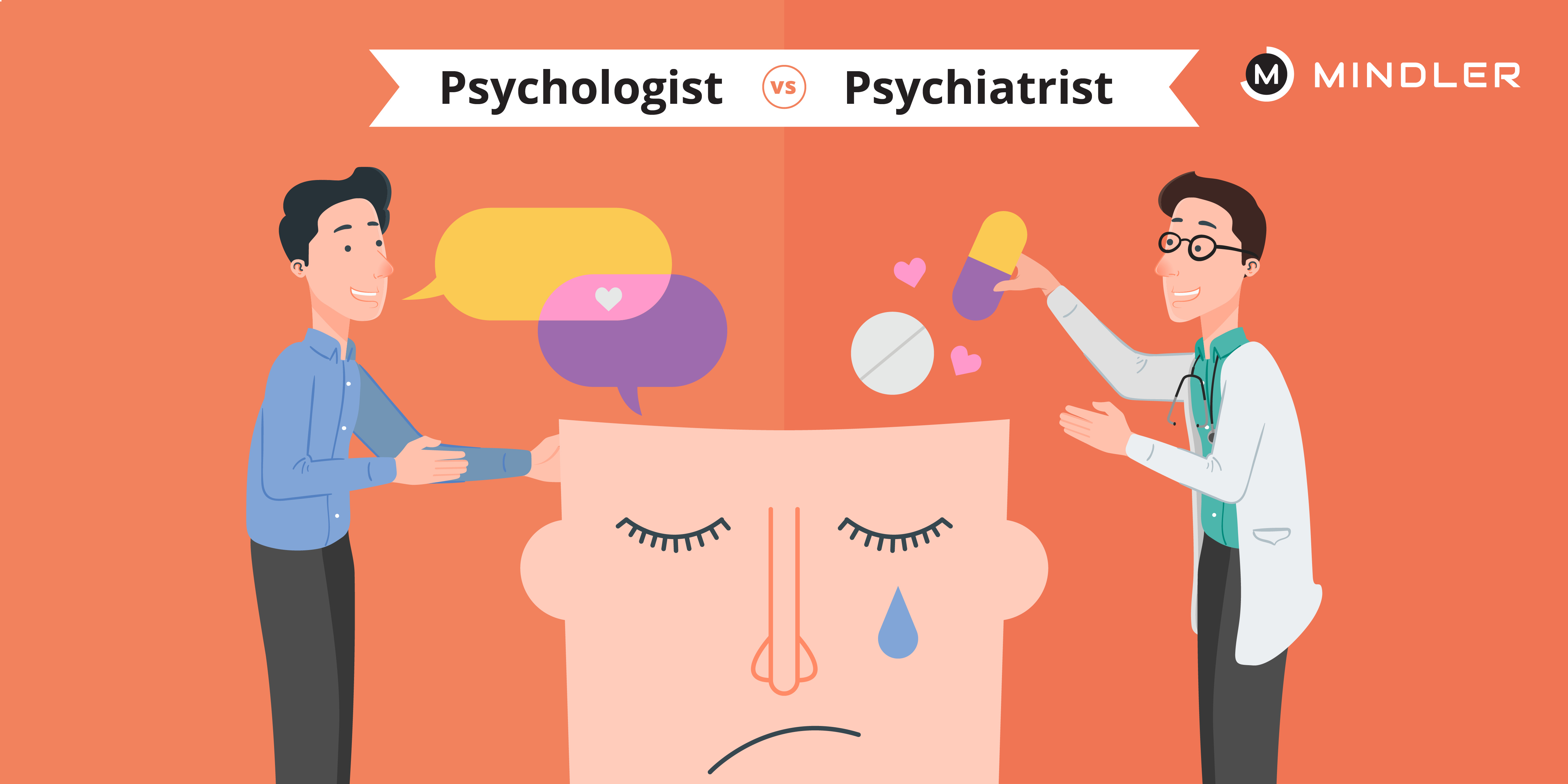Your Course to Recovery: Insights from the Best Psychologist in Delhi
Psych Therapy: A Comprehensive Overview to Outcomes and methods

Cognitive-Behavioral Treatment
Cognitive-Behavioral Treatment (CBT) is an extensively used psychotherapeutic strategy that focuses on determining and changing dysfunctional reasoning and actions patterns. Developed in the 1960s by Aaron T. Beck, CBT integrates behavioral and cognitive concepts to resolve numerous psychological health and wellness concerns, including anxiety, anxiousness, and stress-related disorders.
CBT is characterized by its structured, goal-oriented nature. Treatment usually includes a collective procedure in between the therapist and client, where particular issues are determined, and functional techniques are established to address them. Methods such as cognitive restructuring, exposure therapy, and skill-building exercises are commonly used. Cognitive restructuring entails tough and modifying unfavorable thought patterns, while exposure treatment aims to minimize concern and stress and anxiety with gradual exposure to been afraid scenarios or items.
Evidence-based research sustains the efficiency of CBT for a large range of psychological disorders - Best Psychologist in Delhi. Its focus on ability acquisition and self-help methods equips customers to proceed progression individually after treatment wraps up. The adaptability and effectiveness of CBT have made it a keystone in contemporary psychotherapeutic practice
Psychodynamic Techniques
Rooted in the early concepts of Sigmund Freud, psychodynamic methods concentrate on exploring the unconscious mind and its impact on behavior and emotions. These methods aim to reveal concealed thoughts and feelings that might be driving maladaptive actions and mental distress. Central to this strategy is the concept of internal dispute, commonly stemming from unresolved previous experiences, particularly those from childhood years.
Therapists using psychodynamic strategies use several vital approaches, including free organization, where clients are motivated to talk freely to disclose subconscious product, and dream evaluation, which translates the hidden web content of dreams. In addition, the exploration of transference and countertransference dynamics within the restorative partnership is essential. These communications can supply insights into the client's inner world and relational patterns.
Psychodynamic treatment is normally longer-term compared to other modalities, providing a comprehensive and deep understanding of the person's mind. Research indicates that it can be particularly reliable for complex mental wellness concerns, such as personality disorders and persistent anxiety. By fostering self-awareness and psychological insight, psychodynamic therapy seeks to bring unconscious product to awareness, enabling individuals to achieve lasting and meaningful modification in their lives.
Humanistic Methods
Building on the structures laid by psychodynamic techniques, humanistic techniques supply a distinct perspective concentrated on specific prospective and self-actualization. Stemming in the mid-20th century, these techniques focus on the inherent benefits and development capacity of individuals, emphasizing an all natural view of human experience. Trick numbers such as Carl Rogers and Abraham Maslow have actually considerably affected this restorative technique, which incorporates approaches like client-centered therapy and Gestalt treatment.
Client-centered treatment, established by Rogers, plays a crucial function in humanistic strategies. The therapist's duty is more of a facilitator than an authority, motivating customers to harness their inner sources for healing.
Gestalt therapy, an additional important humanistic strategy, emphasizes present minute understanding and the assimilation of mind and body. By concentrating on the "present moment," clients acquire better insight into their present feelings and habits. Methods such as role-playing and directed visualization are usually employed to assist customers obtain a deeper understanding of themselves, eventually bring about enhanced self-awareness and fulfillment.
Integrative Therapies
Integrative treatments stand for a synthesis of numerous therapeutic techniques customized to fulfill the distinct requirements of each client. This technique acknowledges the intricacy of human psychology and the multifaceted nature of mental health and wellness concerns. By incorporating components from different schools of psychotherapy-- such as cognitive-behavioral treatment (CBT), psychodynamic therapy, and humanistic methods-- integrative therapies use an even more all natural and adaptable therapy standard.
Experts of integrative treatment analyze each customer's details demands, signs and symptoms, and individual background to design a tailored therapy strategy. This personalized method improves the potential for therapeutic success by addressing the origin creates of mental distress and advertising total health. Methods may include mindfulness exercises, cognitive restructuring, and psychological handling, each selected to target various facets of the customer's problems.
Moreover, integrative treatments highlight the therapeutic partnership, checking out the client-therapist bond as an essential element of effective treatment. This relationship cultivates a helpful environment where customers feel secure to check out and address their worries. The versatility of integrative treatments makes them appropriate for a wide series of problems, including anxiety, anxiety, trauma, and social difficulties, consequently increasing their applicability and performance in diverse professional settings.

Measuring Treatment Outcomes
Reviewing the efficiency of psychotherapy is vital for both clients and medical professionals to guarantee that the therapy is producing the wanted results. To attain this, different approaches and devices are used to gauge therapy results methodically. Standardized analysis instruments, such as the Beck Anxiety Supply (BDI) and the Generalized Anxiety Condition 7 (GAD-7), give quantitative information on symptom seriousness and adjustments over time.
Along with standard devices, qualitative methods like client websites self-reports and professional interviews provide beneficial insights right into the individual experiences and viewed development of customers. On a regular basis scheduled examinations, typically at the beginning, navel, and end of treatment, help in tracking the trajectory of enhancement or determining locations requiring change.
End result measurement is not limited to symptom reduction; it likewise includes practical enhancements in day-to-day live, such as far better social partnerships, increased work productivity, and enhanced overall well-being. Modern advancements in digital health have introduced mobile applications company website and on-line systems that promote real-time monitoring and feedback, further refining the analysis procedure.
Eventually, a detailed technique to measuring therapy outcomes ensures that therapeutic treatments are reliable, effective, and tailored to meet the specific requirements of clients, thus optimizing the total restorative experience.
Final Thought
Psychotherapy provides a multifaceted array of techniques targeted at addressing details psychological health concerns and improving overall health. Cognitive-Behavioral Treatment and psychodynamic methods target unconscious impacts and inefficient thoughts, specifically. Humanistic techniques concentrate on personal development and self-actualization, while integrative therapies incorporate several techniques for tailored therapy plans. Reviewing therapy end results with standard evaluations and qualitative approaches makes certain a detailed understanding of effectiveness, eventually guiding their website clients toward enduring psychological health enhancements.
From the structured approach of Cognitive-Behavioral Therapy (CBT) to the deep exploration of the unconscious in psychodynamic treatment, each technique brings one-of-a-kind advantages. Its focus on ability purchase and self-help methods empowers customers to proceed progression independently after therapy ends (Best Psychologist in Delhi). Trick numbers such as Carl Rogers and Abraham Maslow have dramatically affected this healing technique, which incorporates approaches like client-centered therapy and Gestalt therapy
